#Amount of Calcium in cashew nuts
Amount of Calcium in cashew nuts
Amount of Calcium in cashew nuts
I. Cashew nuts contain no calcium? How much calcium is in cashews?

Cashew nuts do contain calcium, although in relatively small amounts compared to other nuts. Here’s a detailed look at the calcium content in cashews:
Calcium Content in Cashews
Per 1 ounce (28 grams): Cashews contain approximately 10.49 mg of calcium, which is about 1% of the recommended daily value.
Per 100 grams: Cashews provide between 37 mg to 61 mg of calcium.
Nutritional Benefits of Cashews
While cashews are not a significant source of calcium, they offer other essential nutrients:
Magnesium: Important for bone health and muscle function.
Copper: Vital for iron metabolism and the formation of red blood cells.
Healthy Fats: Mainly monounsaturated fats, which are beneficial for heart health.
Conclusion
Although cashews are not rich in calcium, they are a nutritious snack that provides a variety of other health benefits. If you’re looking to increase your calcium intake, you might want to consider other sources like dairy products, leafy greens, or fortified foods.
II. What is calcium?
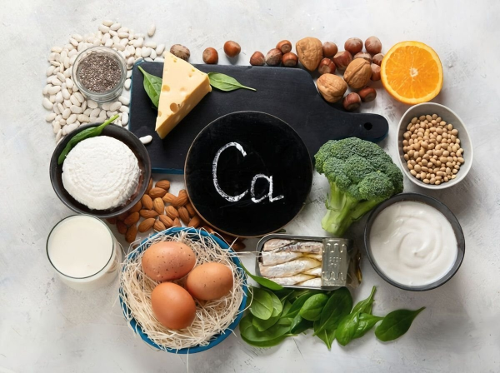
Calcium is a vital mineral that plays several crucial roles in the body. Here are some key points about calcium:
Functions of Calcium
Bone Health: About 99% of the body’s calcium is stored in the bones and teeth, making it essential for their development, growth, and maintenance.
Muscle Function: Calcium helps regulate muscle contractions. When a muscle is stimulated, calcium is released to help the muscle contract, and when it is pumped out, the muscle relaxes.
Nerve Transmission: It is crucial for transmitting nerve impulses, helping the brain communicate with the rest of the body.
Blood Clotting: Calcium plays a key role in the blood clotting process, which is essential for wound healing.
Cardiovascular Health: It helps maintain the action of the heart muscle and relaxes the smooth muscles that surround blood vessels, potentially lowering blood pressure.
Sources of Calcium
Dairy Products: Milk, cheese, and yogurt are rich sources of calcium.
Leafy Greens: Vegetables like kale, broccoli, and spinach contain calcium.
Nuts and Seeds: Almonds and sesame seeds are good sources, though cashews contain only a small amount.
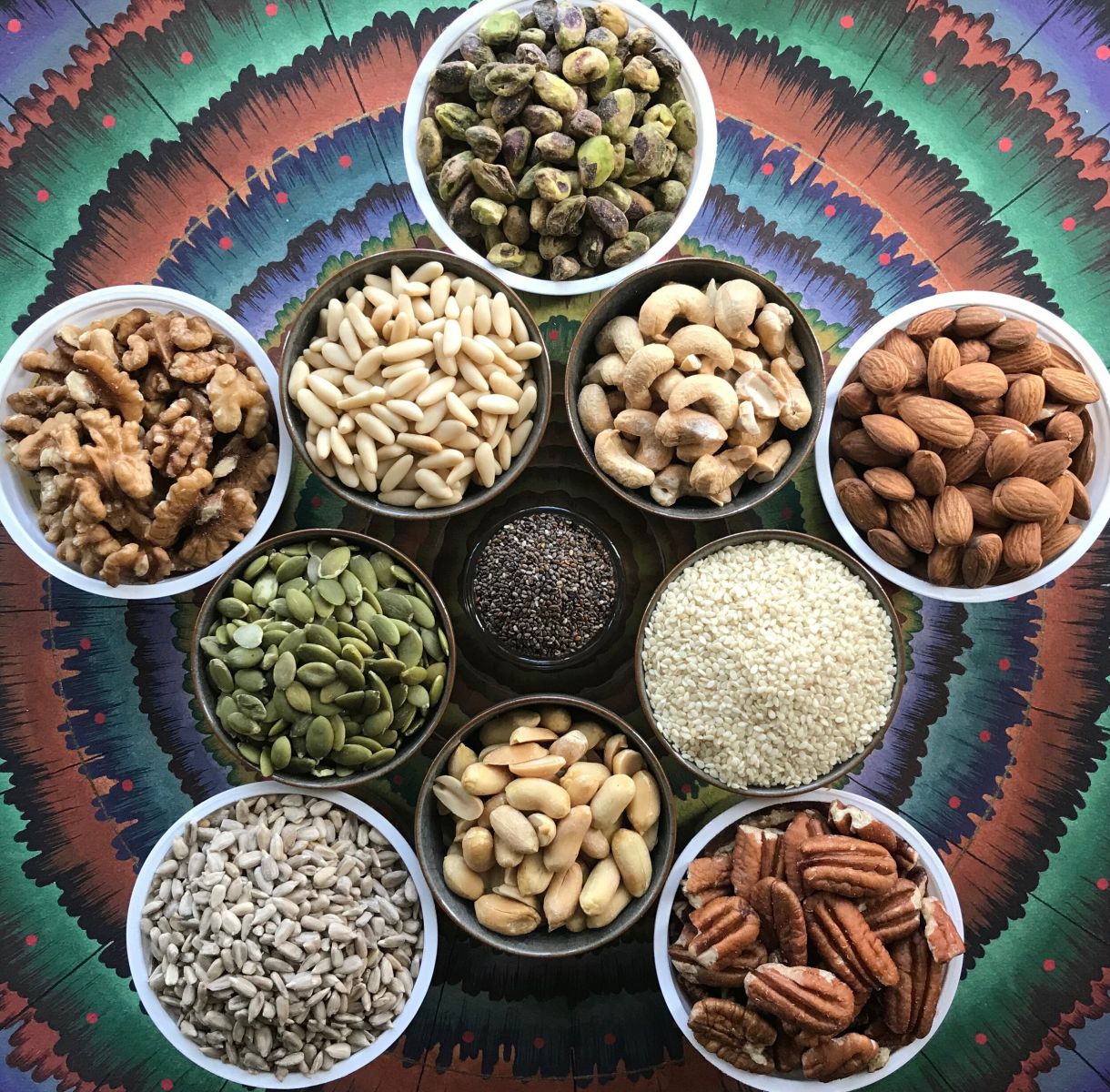
Fortified Foods: Many cereals, juices, and plant-based milks are fortified with calcium.
Daily Requirements
The amount of calcium you need varies by age and life stage. For example:
Adults (19-50 years): Approximately 1,000 mg per day.
Older Adults (51+ years): Around 1,200 mg per day.
Importance of Vitamin D
Vitamin D is essential for calcium absorption. Without adequate vitamin D, the body cannot absorb calcium effectivel
III. Effects of calcium on the body
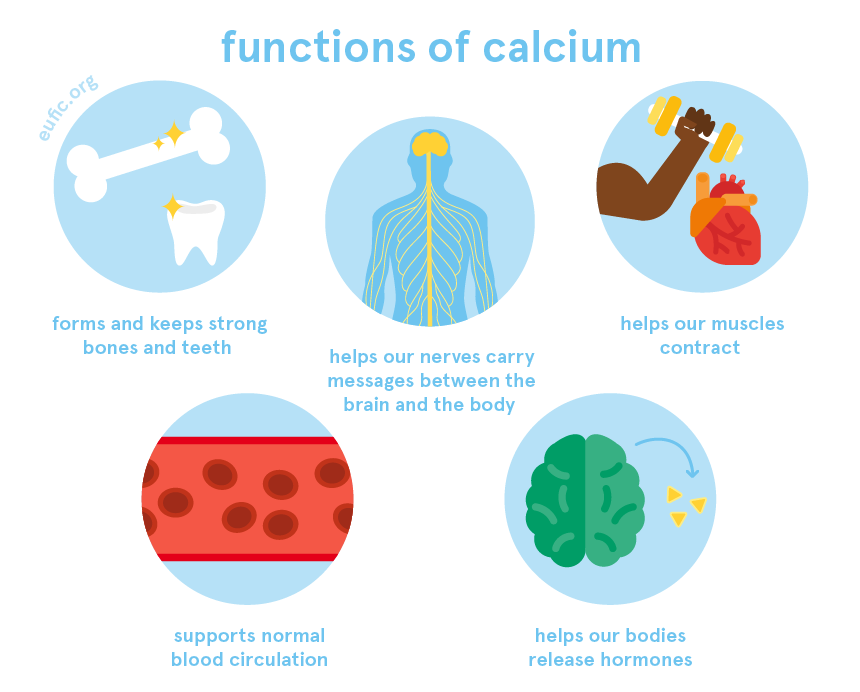
Calcium is an essential mineral with many important roles in the human body:
-
Strong bones and teeth: Calcium combines with phosphorus to form the basic structure of bones and teeth, making them strong and durable.
-
Neuromuscular activity: Calcium is necessary for muscle contraction and the transmission of signals through the nervous system.
-
Blood clotting: Calcium plays an important role in the blood clotting process, helping to prevent excessive bleeding.

-
Heart function: Calcium helps regulate heart rhythm and the function of the heart muscle, ensuring the heart works efficiently.
-
Cell metabolism: Calcium participates in the metabolic processes of cells, helping to maintain normal physiological functions.
A lack of calcium can lead to issues such as osteoporosis, nervous system weakness, and cardiovascular problems. In children, calcium deficiency can cause rickets and developmental issues.
IV. How should cashews be used with your diet to supplement the appropriate amount of calcium?
To supplement your daily calcium intake with cashews, you can apply the following methods:
1. Snacks
-
Roasted cashews: Eat them directly or combine them with other nuts like almonds and chia seeds to boost calcium and other nutrients.
-
Honey cashews: Roasted cashews with honey make a sweet and nutritious snack.

2. Salads
-
Vegetable salad: Add roasted cashews to vegetable salads to enhance flavor and nutritional value.
-
Fruit salad: Combine cashews with fruits like apples, grapes, and strawberries to create a calcium and vitamin-rich fruit salad.
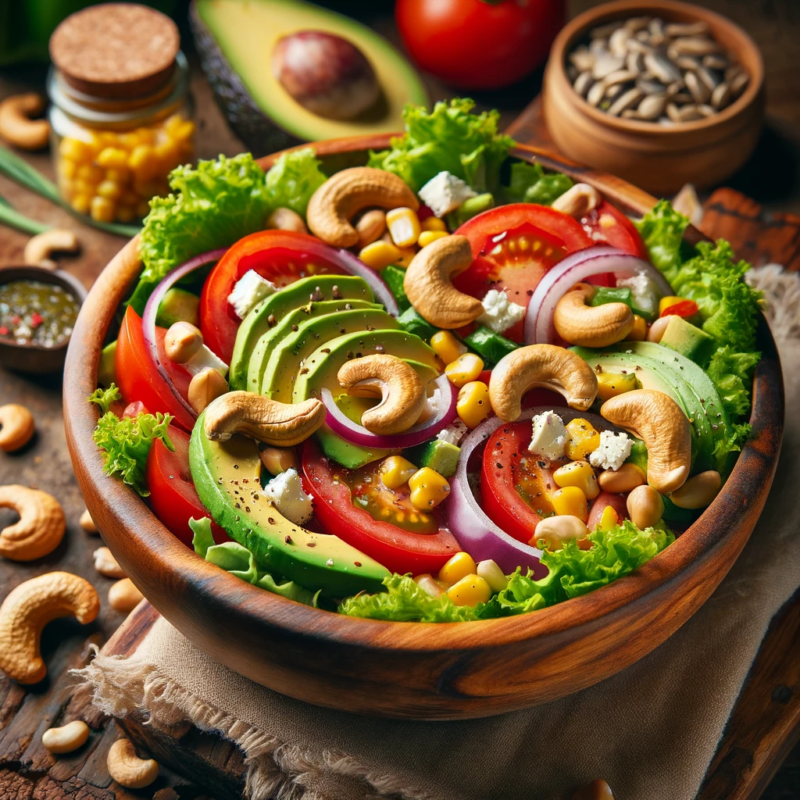
3. Cashew milk
-
Homemade cashew milk: Blend cashews with water and strain to get milk. You can add a bit of honey or vanilla for extra flavor.
-
Store-bought cashew milk: Choose cashew milk fortified with calcium to ensure adequate calcium intake.
4. Main dishes

-
Cashew fried rice: Add cashews to fried rice along with vegetables and meat to create a nutritious main dish.
-
Cashew stir-fry: Combine cashews with stir-fried noodles and vegetables to boost calcium and protein.
-
Cashew sauce: Blend cashews to make a sauce for dishes like cashew chicken or use it as a dip for vegetables.
5. Combine with other calcium-rich foods
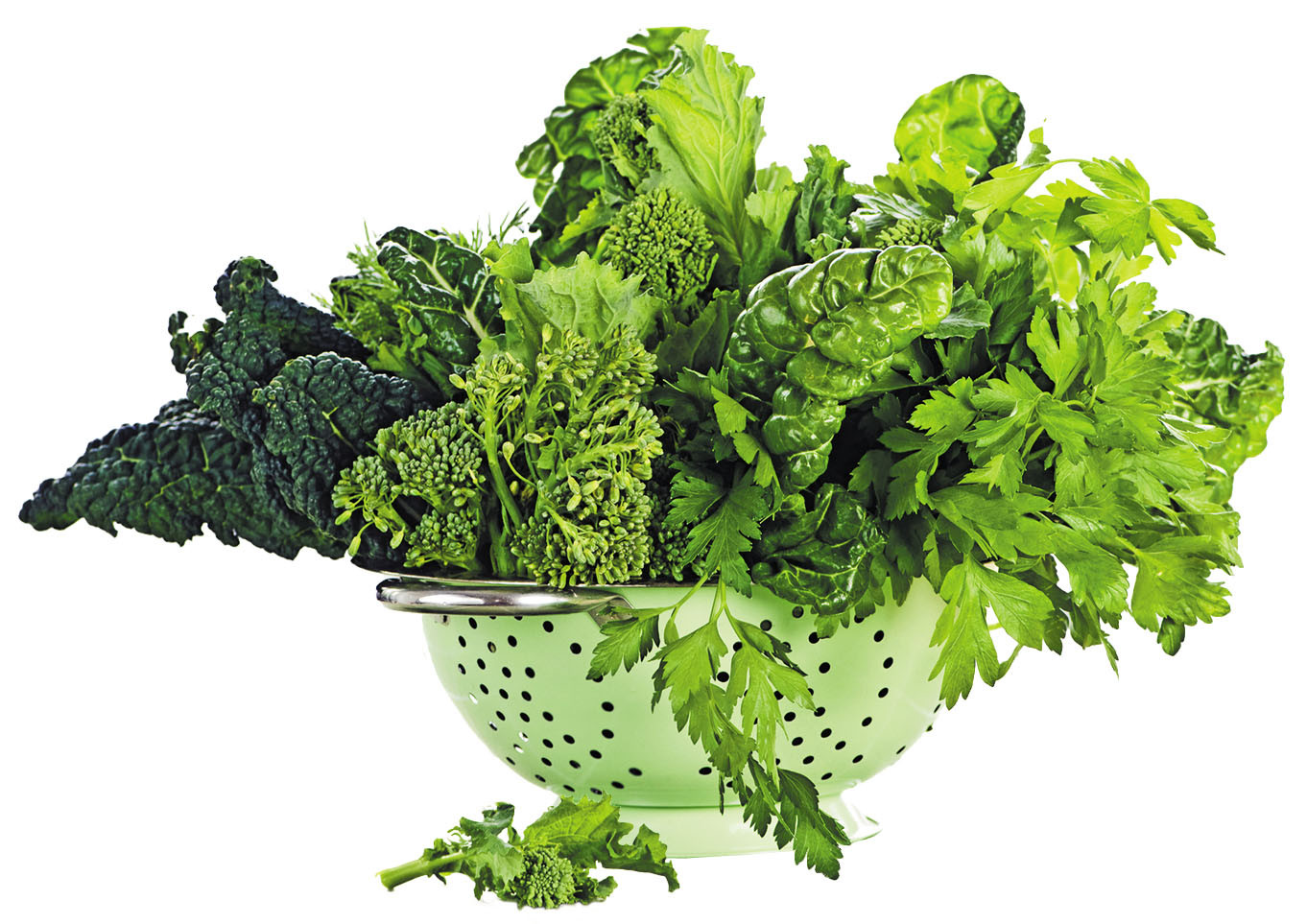
-
Dairy products: Drink milk, eat cheese, and yogurt to supplement calcium.
-
Leafy greens: Eat vegetables like spinach, kale, and broccoli to increase calcium intake.
-
Fish and seafood: Fish like salmon and sardines are also good sources of calcium.
Notes
-
Diversify your diet: To ensure adequate calcium intake, combine cashews with various other foods.
-
Control portion sizes: While cashews are healthy, it’s important to control portions to avoid consuming too many calories.
You can try these methods to incorporate cashews into your daily diet for calcium supplementation.
Xem thêm: Hạt điều có chứa canxi không? Lượng canxi trong hạt điều là bao nhiêu
Learn more: Do Cashews Contain Calcium? How Much Calcium Is In Cashews?

 Brian Dương
Brian Dương

TVQuản trị viênQuản trị viên
Xin chào quý khách. Quý khách hãy để lại bình luận, chúng tôi sẽ phản hồi sớm